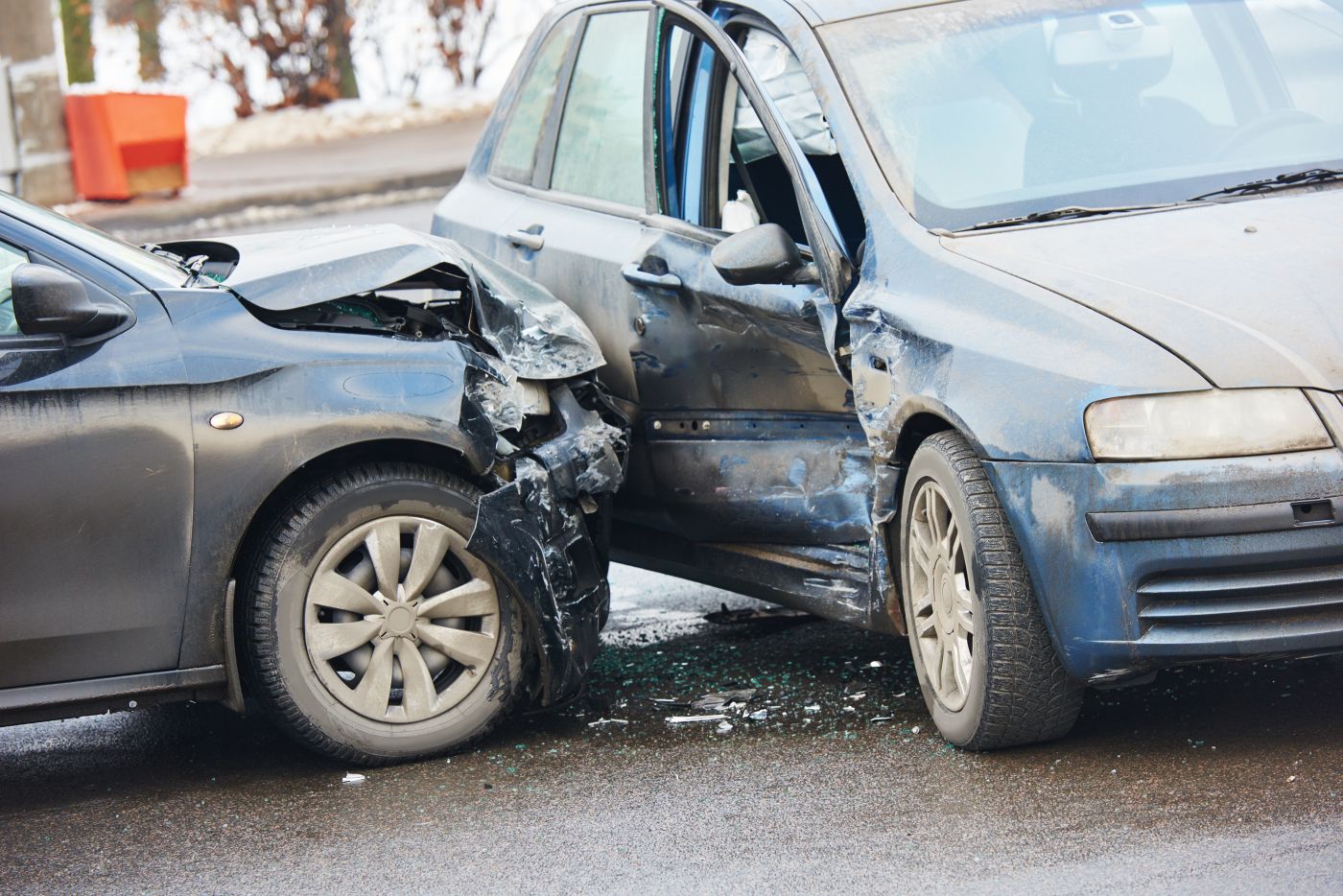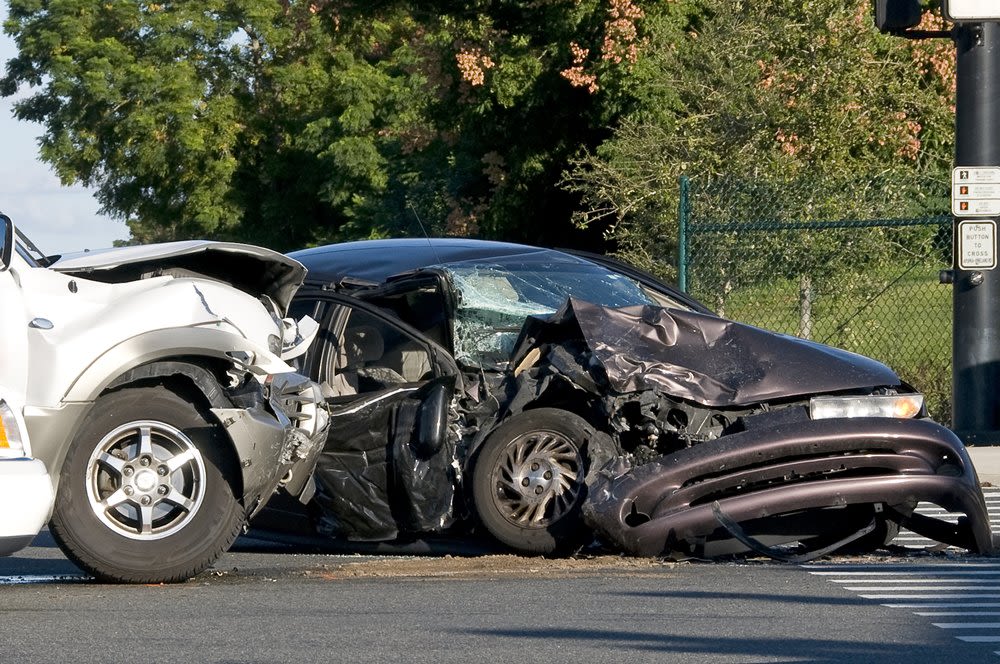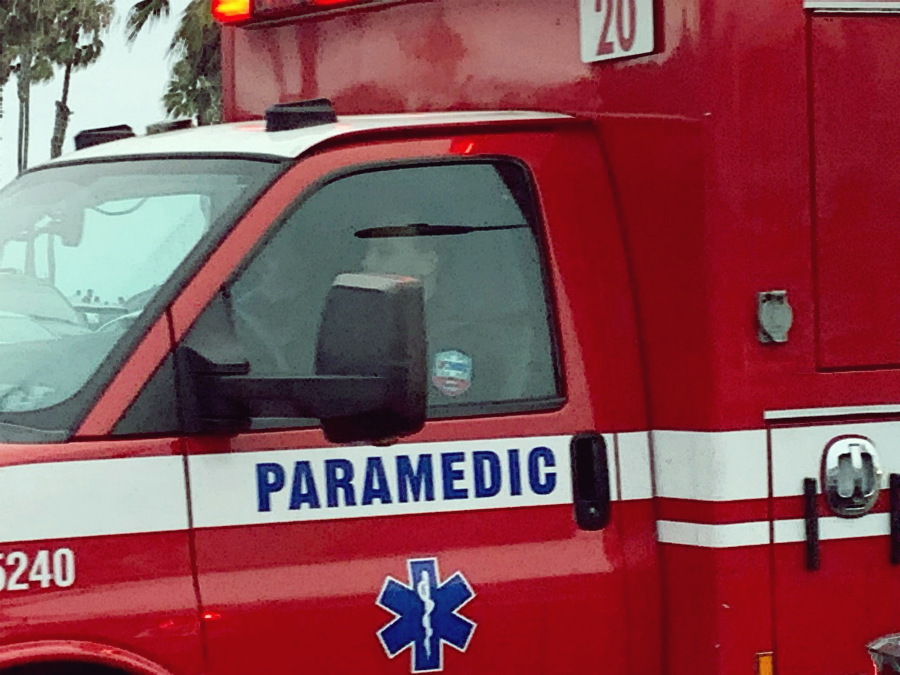
In Texas, car accidents can quickly lead to criminal charges, especially if someone was injured, killed, or there’s suspicion of intoxication, recklessness, or fleeing the scene.
These situations are emotionally overwhelming, but there are immediate steps you can take to protect yourself. Knowing what to do—and what not to do—can make a major difference in how your case unfolds.
At Harrell & Paulson, we’ve represented countless individuals who never thought they’d find themselves in handcuffs after a car crash. One moment, you’re dealing with the shock of a wreck; the next, law enforcement is questioning your sobriety, behavior, or intentions. When that happens, your freedom, reputation, and future are all on the line.
Our firm focuses on criminal defense, and we’ve worked with clients across Texas facing charges ranging from DWI to vehicular manslaughter. If you're in this position, the most important thing you can do is stay calm, stay silent, and get experienced legal representation as soon as possible.
Why Car Accidents Lead to Criminal Charges
Not every crash leads to a criminal defense case. Many are handled through insurance and civil court, where the question is about liability and damages. But some accidents trigger criminal investigations under Texas law. This usually happens when there's suspicion that the driver committed a violation beyond mere carelessness.
Criminal charges related to car accidents often involve:
Driving while intoxicated (DWI)
Intoxication assault or manslaughter
Leaving the scene of an accident (hit-and-run)
Reckless driving
Driving without a license or insurance
Vehicular manslaughter
Criminally negligent homicide
In each of these situations, you could face jail or prison time, heavy fines, a permanent criminal record, and license suspension. Criminal charges must be taken seriously, even if you believe the crash wasn’t your fault.
What the Prosecutor Must Prove
In a criminal defense case, the state has the burden of proving guilt beyond a reasonable doubt. That’s a high standard, but prosecutors have resources and trained investigators who work quickly to build a case.
What the prosecutor must prove depends on the charge. For example:
For DWI, they must show that you were operating a motor vehicle in a public place while intoxicated.
For intoxication assault, they must show you caused serious bodily injury as a result of operating a vehicle while intoxicated.
For hit-and-run, they must prove you knew you were involved in an accident and intentionally left without providing required information or aid.
Each of these cases is different, but our job as criminal defense attorneys is to challenge every piece of evidence and protect your constitutional rights at every stage.
Immediate Steps to Take After an Arrest
If you've been arrested or know charges are coming, it’s natural to feel scared. But don’t panic. The first few hours and days are critical, and how you respond can greatly affect your outcome.
Here’s what we recommend:
Remain Silent
Anything you say to police, even casually, can be used against you. You have the right to remain silent. Use it. Politely tell officers that you won’t answer questions without your criminal defense attorney present.
Don’t Talk to Others About the Case
Avoid discussing the accident with friends, family, or anyone else—especially over text or social media. Those conversations could be used as evidence.
Contact a Criminal Defense Attorney
The sooner we get involved, the better we can protect you. At Harrell & Paulson, we begin by reviewing the facts, examining law enforcement conduct, and identifying weaknesses in the state’s case.
Stay Off Social Media
Prosecutors often review social media profiles for incriminating posts. Even a simple comment or photo can come back to hurt your criminal defense.
Follow Bond Conditions
If you’ve been released on bond, follow every rule. Missing court, contacting witnesses, or failing drug tests can make your situation worse.
Common Criminal Charges After Car Accidents in Texas
Texas law outlines several criminal charges that can arise from a car accident. Below are the most common charges we defend against:
DWI (driving while intoxicated) – A first offense can result in up to 180 days in jail and thousands in fines. Repeat offenses carry steeper penalties.
Intoxication assault – A third-degree felony when serious injury occurs while driving under the influence.
Intoxication manslaughter – A second-degree felony punishable by 2 to 20 years in prison if someone dies as a result.
Failing to stop and render aid (hit-and-run) – Depending on the outcome, this can range from a misdemeanor to a felony.
Reckless driving – A misdemeanor that can lead to jail time if someone is hurt or property is damaged.
Driving without a license or insurance – May not seem serious, but it can result in arrest and additional penalties.
Criminally negligent homicide – A state jail felony if death occurs due to careless behavior that goes beyond ordinary negligence.
Each charge requires a different approach, and we tailor our criminal defense strategy to the facts of the case.
Building a Strong Criminal Defense
Our criminal defense process begins with an investigation of our own. We don’t take law enforcement’s word at face value. We review body camera footage, accident reconstruction reports, blood alcohol testing procedures, and eyewitness statements. We also examine whether your rights were violated during arrest or questioning.
Some key defenses we’ve successfully raised include:
Challenging the legality of a traffic stop
Disputing the results of field sobriety or breath tests
Showing that intoxication wasn’t the cause of the crash
Demonstrating that another party caused the accident
Arguing lack of intent or knowledge in hit-and-run cases
In many cases, our clients are dealing with their first criminal accusation. We understand how high the stakes feel, and we work to protect your future from being defined by a single incident.
Why Timing Matters
Texas has strict deadlines and procedures in criminal cases. Delays can hurt your chances at a favorable outcome. For example, evidence can disappear, witnesses may forget details, and prosecutors may move quickly to file charges.
Once charges are filed, court dates follow in rapid succession. Missing any of these or showing up unprepared can cost you dearly. That’s why contacting a criminal defense attorney early is so important. It allows us to preserve your rights and begin shaping your defense before the case gains momentum.
The Impact on Your Future
A criminal conviction—even for a misdemeanor—can follow you for years. It may affect your ability to find a job, apply for housing, or qualify for certain professional licenses. Felony convictions are even more serious and can impact gun rights, voting rights, and your freedom to travel.
We’ve seen clients who made one mistake face lifelong consequences simply because they didn’t have proper legal guidance. Our goal is to prevent that from happening to you.
Whether we’re seeking a dismissal, reduced charge, or alternative sentencing, we work with prosecutors and judges to pursue outcomes that protect your record and your future.
What If Someone Died in the Accident?
If the accident involved a fatality, the legal pressure increases immediately. Charges like intoxication manslaughter or criminally negligent homicide carry severe penalties, including mandatory prison time. These are not cases to handle alone or take lightly.
In these situations, we focus on dissecting every element of the prosecution’s case. Was the accident truly caused by intoxication? Were medical conditions or external factors involved? Were procedures followed correctly in collecting evidence?
A strong criminal defense doesn’t just focus on reducing time—it focuses on the truth, and we work to make sure your side is heard.
Reach Out Today
At Harrell & Paulson, we know how overwhelming that feels. But we’re also here to remind you: a criminal charge is not the same as a conviction. We are proud to serve Kaufman, Texas, and the surrounding areas of Forney, Terrell, and Rockwall. Call today.



